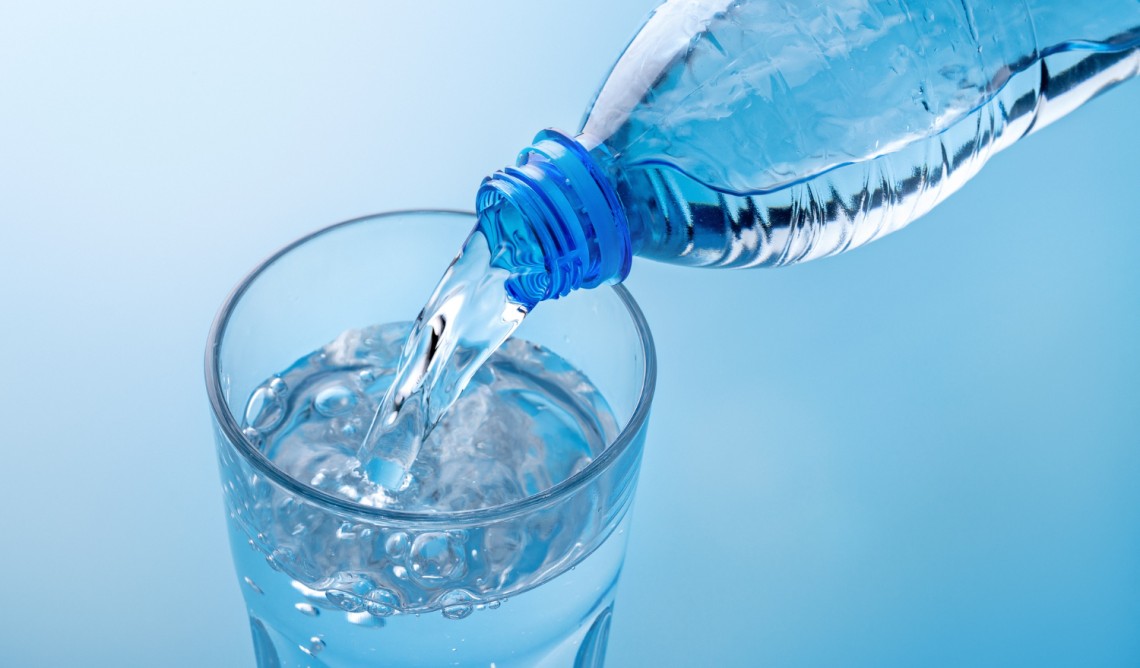Focus: An objective comparison of bottled water and tap water, considering both
quality and environmental impact.
The Great Water Debate:
- Bottled Water Regulations: Discuss the regulations governing bottled water quality
and compare them to tap water standards.
- Environmental Impact: Analyse the environmental footprint of bottled water
production, including plastic waste and transportation costs.
- Cost Comparison: Compare the cost-effectiveness of bottled water versus tap water,
considering factors like filtration and home delivery services.
- Taste Test: Encourage readers to conduct blind taste tests to compare the taste of
different bottled water brands and their local tap water.
Actionable Advice: Offer tips for reducing bottled water consumption and improving the
quality of tap water at home.
Keywords: Bottled water, tap water, water quality comparison, environmental impact, plastic
pollution, water filtration.
In a world of sleek packaging and clever marketing, it's easy to be swayed by the allure of bottled
water. But is it truly superior to the water flowing from your tap? This post dives deep into the
bottled vs. tap debate, examining the facts about water quality, environmental impact, and cost
effectiveness to help you make informed choices about the water you consume.
Safety and Quality: Is Bottled Water Really "Better" ?
- Regulations: Both bottled water and tap water are regulated for safety, but the standards
differ. Bottled water is regulated by the Food and Drug Administration (FDA), while tap water
falls under the jurisdiction of the Environmental Protection Agency (EPA). The EPA typically
has stricter standards and requires more frequent testing for a wider range of contaminants.
- Source: Bottled water can originate from various sources, including springs, wells, and even
municipal tap water. While some brands boast pristine sources, others may be sourced from
the same water systems that supply your tap.
- Contamination: Both bottled and tap water can be susceptible to contamination. Bottled
water may be exposed to chemicals from the plastic packaging, while tap water can be
affected by aging infrastructure or local pollution events.
- Testing: Tap water undergoes rigorous testing and treatment to meet EPA standards. Bottled
water is also tested, but the frequency and scope of testing may vary depending on the
brand.
Taste Test: Does Bottled Water Taste Superior ?
- Subjectivity: Taste preferences are highly subjective. Some people prefer the taste of bottled
water, while others find no discernible difference from tap water.
- Mineral Content: The mineral content of water can influence its taste. Some bottled water
brands highlight their mineral content, while others undergo processes like reverse osmosis
that remove minerals, resulting in a "purer" taste.
- Blind Taste Tests: Many blind taste tests have shown that people often cannot distinguish
between bottled water and tap water, suggesting that perceived taste differences may be
influenced by branding and packaging.
Environmental Impact: The Plastic Problem
- Plastic Waste: The production and disposal of plastic bottles contribute significantly to
plastic pollution, harming wildlife and ecosystems.
- Energy Consumption: Bottled water production and transportation require substantial
energy, contributing to greenhouse gas emissions and climate change.
- Water Resource Depletion: Bottling water can strain local water resources, especially in
areas already facing water scarcity.
Cost Comparison: The Price of Convenience
- Bottled Water Costs: Bottled water is significantly more expensive than tap water, often
costing hundreds or even thousands of times more per gallon.
- Hidden Costs: Consider the environmental costs of bottled water production and disposal,
which are not reflected in the price tag.
- Tap Water Affordability: Tap water is a readily available and affordable source of drinking
water, especially when compared to the ongoing expense of bottled water.
Making Informed Choices:
- Improve Your Tap Water: If you have concerns about the taste or quality of your tap water,
consider investing in a home filtration system, such as a pitcher filter, faucet filter, or whole
house system.
- Choose Reusable Bottles: Opt for reusable water bottles made from stainless steel or glass
to reduce plastic waste and save money.
- Support Sustainable Practices:Choose bottled water brands that use recycled plastic and
prioritize sustainable sourcing and production methods.
- Advocate for Tap Water: Support initiatives to improve the quality and accessibility of tap
water in your community.
The Bottom Line:
While bottled water may offer convenience, it often comes at a high environmental and financial
cost. In most cases, tap water is a safe, affordable, and sustainable choice. By understanding the facts
and making conscious choices, you can quench your thirst while protecting the planet and your
wallet.
